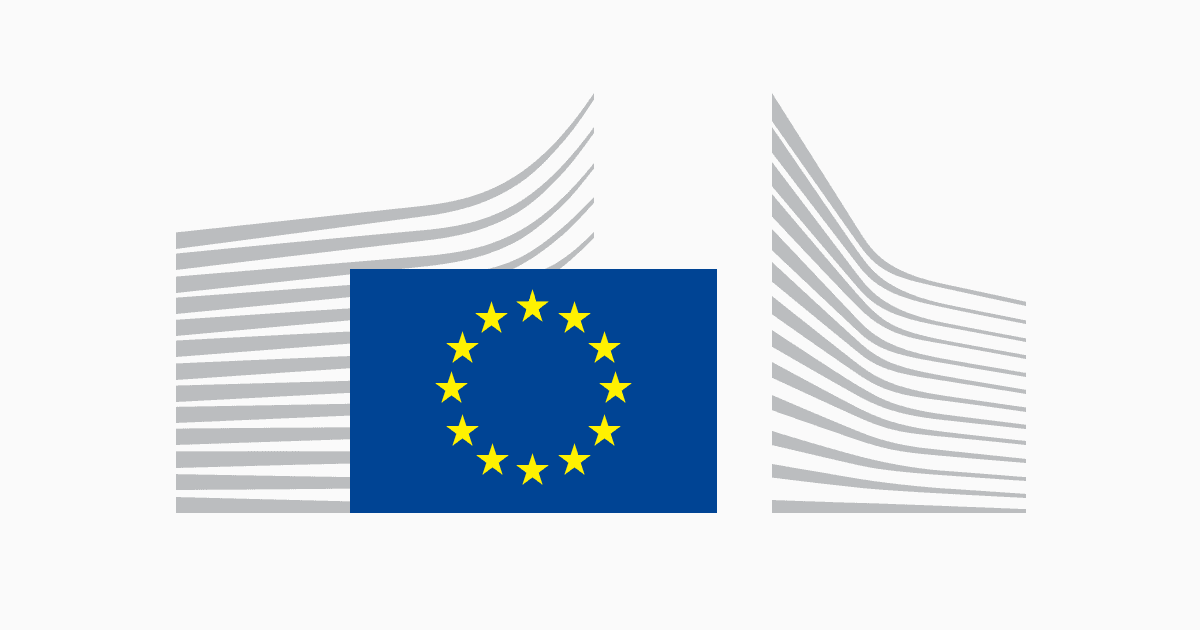AI-Generated Summary
The document titled "Social Housing and Beyond: Operational Toolkit on the Use of EU Funds for Investments in Social Housing and Associated Services" was created by Mr. Grzegorz Gajewski under the auspices of the European Commission's Directorate-General for Employment, Social Affairs, and Inclusion. This operational toolkit, published by the Publications Office of the European Union, serves as a comprehensive guide aimed at leveraging EU funds to tackle the housing crisis in Europe during the 2021–2027 programming period.
Context of the Housing Crisis
The EU is currently facing a significant housing crisis, characterized by rising costs and diminishing access to affordable housing. Between 2010 and 2023, house purchase prices surged by 48%, while rents increased by 23%. In 2022, nearly 8.7% of EU citizens allocated over 40% of their disposable income to housing costs. The toolkit emphasizes social housing as a foundational element in promoting social inclusion, economic opportunities, and territorial cohesion.
EU Funding Opportunities
The toolkit outlines several EU funding mechanisms available to support investments in social housing: - Recovery and Resilience Facility (RRF): Allocates €15.1 billion for social housing initiatives, focusing on energy-efficient renovations, the construction of new public utility housing, and necessary legal reforms. - European Regional Development Fund (ERDF): Offers €215 billion for projects that foster socioeconomic inclusion through housing infrastructure, desegregation efforts, and improved energy efficiency. - European Social Fund Plus (ESF+): Devotes €7.34 billion to enhance access to housing-related services, including eviction prevention and Housing First initiatives. - InvestEU Programme: Provides €2.8 billion for affordable social housing projects targeting disadvantaged populations. - Horizon Europe: Finances research aimed at tackling housing inequalities, with initiatives like Equalhouse and HouseInc focusing on systemic solutions for affordable housing. - Affordable Housing Initiative under the Single Market Programme: Pilots 100 lighthouse districts that combine energy efficiency with affordability and livability. - Social Climate Fund: Allocates €65 billion from 2026–2032 for energy-efficient renovations in vulnerable households, including social housing.
Case Studies
The document includes 20 case studies that demonstrate successful applications of EU funds. Notable examples include: 1. Austria – Intermediated Financing for Affordable Housing: A €200 million project facilitated by the European Investment Bank (EIB) and Erste Bank, resulting in approximately 1,100 social housing units and promoting sustainable urban development. 2. Housing First Pilot Projects: Various Member States showcase how providing unconditional access to permanent housing can effectively integrate homeless individuals into society.
Policy Recommendations
The toolkit advocates for several strategic approaches: - Place-based Approach: This involves integrating urban regeneration with inclusive housing policies to alleviate segregation and support marginalized communities. - Person-centered Approach: Tailoring interventions to specific target groups, such as homeless individuals, persons with disabilities, Roma communities, migrants, and LGBTIQ people. - Leveraging Synergies Between Funds: Combining resources from multiple EU programs to enhance the impact of affordable housing initiatives.
Challenges Addressed
The toolkit tackles several pressing challenges, including the rising cost of living due to inflation and interest rate hikes, energy poverty affecting nearly 10% of EU citizens, and the insufficient supply of affordable rental units in urban areas.
Conclusion
The operational toolkit highlights the critical role of EU funds in addressing Europe's social housing challenges. By providing practical guidance on accessing these resources and showcasing replicable case studies, it aims to inspire various stakeholders—including policymakers, managing authorities, project promoters, and financial institutions—to implement effective strategies for inclusive housing solutions. Tackling the housing crisis necessitates a holistic approach that integrates economic, social, and environmental dimensions.
